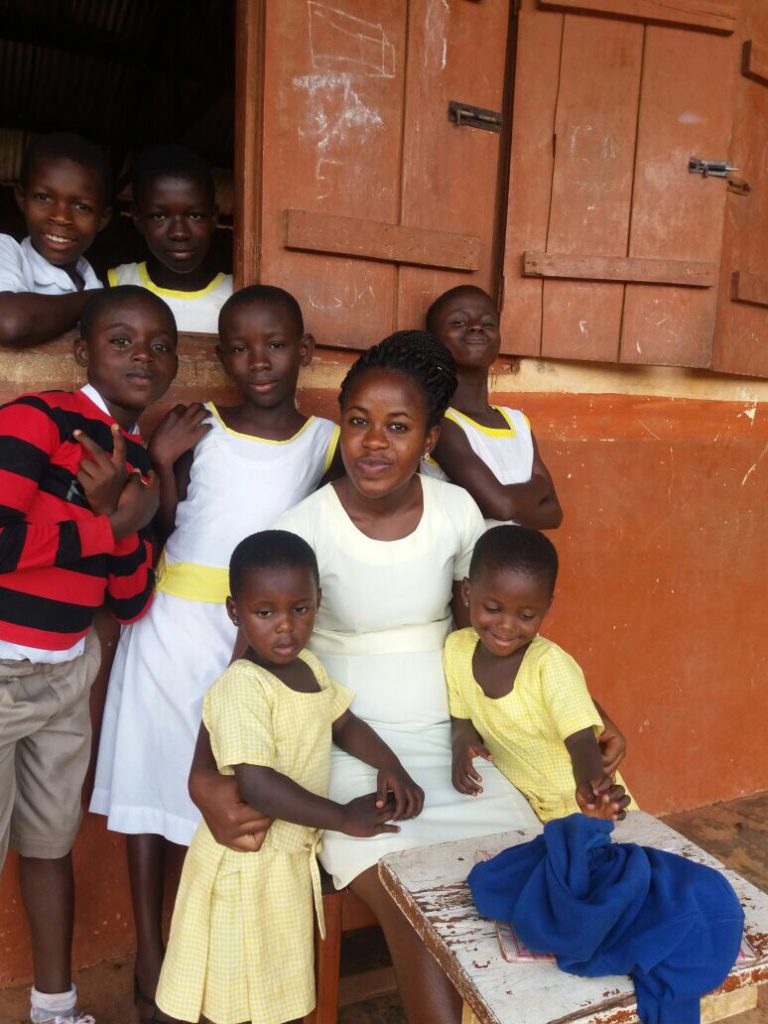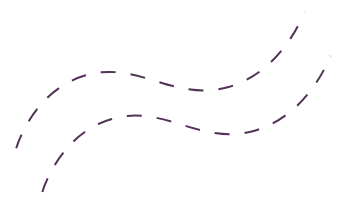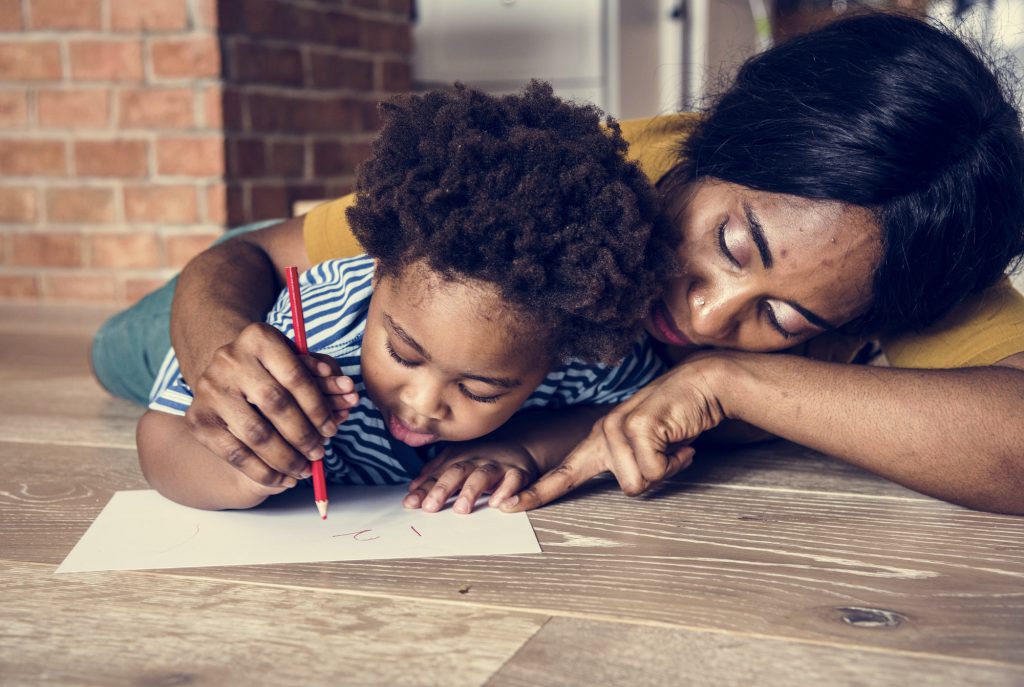Stichting Sharing and Caring Parents
Home is Home! Being a proud black woman is already a strength on its own. Being a black woman is to value yourself or not to value yourself. Locally, Nationally or Internationally. I call upon black women to value and respect themselves and, above all, put themselves on the map of Africa. Because black women are strong mentally and emotionally, all black is beautiful. Black women should be politically correct. Black women have the strength to rule their world when It Comes to women and girls. Because of bad leadership and poverty, girls and women leave Africa to foreign countries and encounter the worse.
Stichting Sharing and Caring Parents was founded to offer a listening ear to women in the diaspora and those in Ghana. The organization ensures that women are treated equally and accorded the respect they deserve.

What We Do
Stichting Sharing and Caring Parents is out on a mission to transform lives and bring a smile to Ghanaians across the globe. The organization aims to bring change through;
When you empower a woman, you empower a nation. Women remain to be caregivers of their children alongside toiling their land. In Ghana, women are exposed to cultural practices that push them further from realizing their dreams. It’s upon us to change the prevailing situation by empowering our women.
Stichting Sharing and Caring Parents empowers women by;
- Fighting the cultural practices that oppress Ghanaians women and girls
- Supporting women to start small businesses
- Capacity building
- Training and mentorship
- Offering financial literacy
- Financing women-led groups
- Provision of sanitary towel to school-going girls
- Sponsoring needy girls’ education
Poverty levels have been going down in Ghana. However, since the onset of Covid-19 and the major global economic turmoil, the poverty levels will spike. Poverty is the key factor to human misery, from poor education, health, and living standards. Therefore, efforts toward eradicating poverty cuts across several other human miseries. The Stichting Sharing and caring Parents aims to fight poverty in Ghana through;
- Promoting farming
- Economic empowerment
- Creation of employment
- Small business start-ups
- Financial aid and loans
Education is power and fights ignorance. While basic education should be universal, some girls and boys in Ghana do not have access to education. Some education challenges in Ghana include overcrowded classes, few trained teachers, inadequate school books and stationeries, lack of clean water, and lack of sanitary pads.
It is sad to have girls out of school due to lack of sanitary towels, early pregnancies, and forced marriages.
The Stichting Sharing and Caring Parents promote education by;
- Providing sanitary towels to school-going girls
- Condemning barbaric acts like forced marriages, sexual harassment, and female genital mutilation, keeping girls from school.
- Provision of books and other school stationeries
- Building more classrooms
- Recruiting more teachers
- Provision of water and sanitation
Food is the most basic survival need, and just like any other developing country, Ghana struggles with hunger, and 27% of its households are at the risk of starvation. The main reason Ghana struggles with hunger is that its agriculture is rain-fed. The change in climate renders it impossible to depend on rains for bountiful harvests.
Therefore the organization strives to combat hunger by;
- Having feeding programs
- Introduction of digital farming systems and irrigation methods
- Teaching farmers on sustainable farming
Youth unemployment is rampant in Ghana. The stability of a nation depends on the stability of the next generation. Therefore, it is crucial to focus efforts on the incoming generation for sustainability. The Stichting Sharing and Caring Parents support youths by;
- Creating employment
- Offering training and mentoring sessions
- Drug abuse treatment and therapies
- Offering financial literacy
- Register youth groups
- Promote and support sports and talents
Only one per cent of the farms cultivated are under irrigation in Ghana. So, with the changing climatic condition, the Northern part of Ghana, which only has one rainy season (the southern region has two rainy seasons), may miss out on bountiful harvests. You cannot entirely depend on rainwater to grow food in this era. Also, just like any other economic venture, agriculture requires the adoption of technology and the use of updated farm systems to realize optimum returns.
Therefore the organization support agriculture through;
- Provision of irrigation water
- Introduction of modern farming systems
- Training farmers of sustainable farming
- Offering financial aid
- Seek local and global markets for the farm produce
- Improve infrastructure
- Introduce processing and storage facilities
Clean water is paramount to human survival; however, not all Ghanaians has access to clean water and sanitation. Therefore, Stichting Sharing and Caring Parents provides;
- Clean and accessible water and sanitation in rural and urban areas
- Provision of drinking water in schools and churches
Healthcare should be universal; however, it is not accessible to all Ghanaians. Some people have to walk for long distances to seek medical services. Some hospitals lack adequate pharmaceutical products, laboratory equipment, and staff to attend to patients.
The organization aims to;
- Purchase medical equipment for local healthcare facilities
- Purchase pharmaceutical products
- Build hospitals in areas that lack health care facilities
- Get more medical staffs
Vision & Mission
Mission
To become the pillar of change to Ghanaians across the globe by empowering them economically, socially and mentally.
Vision
We envision an empowered community free from poverty, diseases and illiteracy.



Our Core Values
Integrity
Stichting Sharing and Caring Parents is a registered non-profit organization guided by the principle of integrity. Our staff observe ethical and moral principles in all sectors of our engagements.
Transparency
We receive donations and grants from individuals and foundations across the globe. It is our duty to be transparent in all our operations and use the funds to execute the intended purpose.
Compassion
We are compassionate about human suffering; we feel the pain and misery. For that reason, we founded this organization to help those in agony. We want to bring a smile to the faces of the vulnerable individuals in the community.
Respect
Our work is to support Ghanaians worldwide; we treat them with respect despite their background, religion, or ethnicity. We offer equal opportunities to all our clients and treat them with the respect and dignity that they deserve.